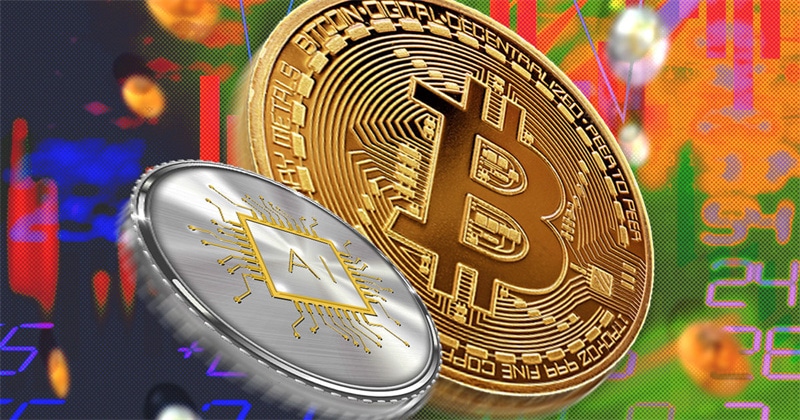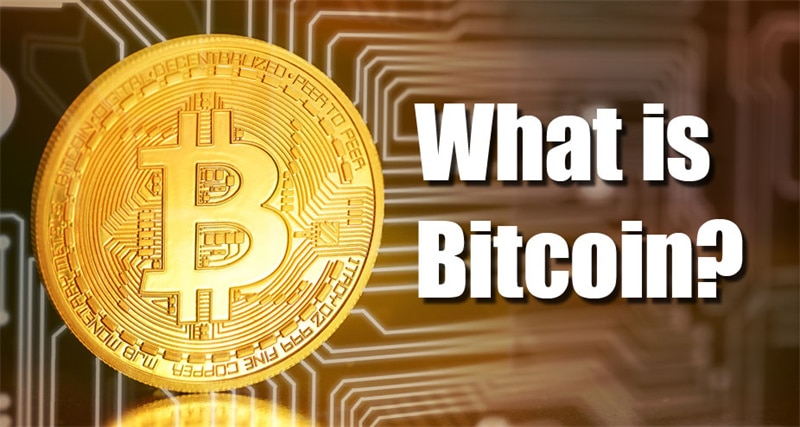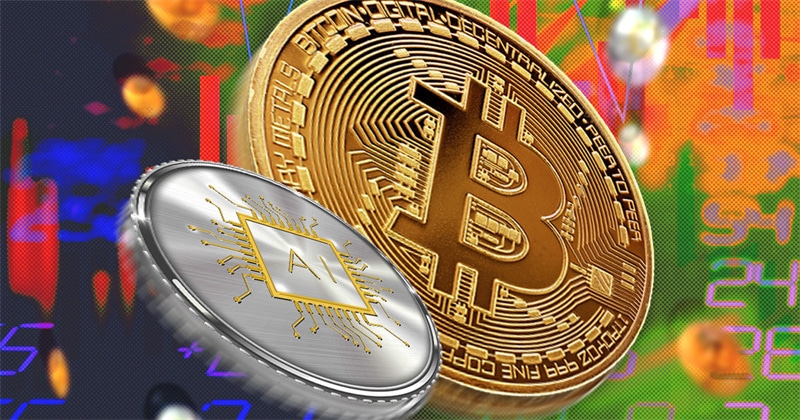
New forms of digital assets have been introduced by cryptocurrencies which are commonly seen to operate on blockchain networks. Blockchains are a type of decentralised, distributed ledger whose main purpose is to serve as a public record of each transaction by ensuring transparency, immutability, and security. However, the cryptos running on them are decentralised, as any issuer.
There is no authority, and codes are usually used to manage transactions. Furthermore, there are two types of crypto: one is coin and the other is token. Prepare to be amazed as you visit Chainwizard AI and dive into the world of an incredible trading platform.
Although the terms are sometimes used interchangeably, token and coins have characteristics and distinct purposes. Today in this blog, we will understand the similarities and distinction between Bitcoin and tokens, as well as some of their uses in the real world.
What Is Bitcoin?

If seen in digital currencies, Bitcoin is those coins that are completely independent. It runs autonomously on its blockchain network. Furthermore, coins generally function as a store of value or medium of exchange, which mainly means that it is possible to use them as payment for services and goods. On the other hand, new coins are created as well as issued through the blockchain protocol.
Also in Proof-of-Work (PoW) networks miners or Proof-of-Stake (PoS) validator nodes on the network validate new blocks after which they are added to the chain. Coins that are native to the blockchain protocol, such as Ether (ETH) are considered native to the ETH blockchain.
What are tokens?
Talking about crypto tokens, it is in the form of digital currency that is usually seen running on top of existing blockchain networks. Furthermore, tokens have come to be more diverse in their functionality than coins: as a result, they can serve a variety of purposes, including security, utility in decentralised applications (dApps), and governance.
In addition, the number of smart contracts that run on the blockchain network also plays an important role in defining how the token will function. The capabilities of other, more well-known token standards exist as well. ERC-20, for example, is often used to create tokens on the Ethereum blockchain. On the other hand, the total supply of tokens is usually created at launch, and a fixed amount is distributed through token sales or initial coin offerings (ICOs).
Bitcoin vs Tokens

In 2017, a survey was performed by Deloitte across 26 developed as well as developing nations in 2018 repeating a usual reply to an ordinary problem announcement. Out of an audience of approximately 73,000+ worldwide, only nearly 6% could precisely distinguish between Bitcoin and a token. Certainly, it was an outcome much anticipated.
Even if they do have some knowledge about cryptocurrencies, the majority of people believe it is reasonable to assume that everything — with the exception of Bitcoin — is a very comparable interpretation of cryptocurrencies only. Bitcoin and token might behave like the exact play but these two stories end on completely different notes each time.
Final Thoughts
Understanding the difference between crypto coins and tokens is one of the important things to navigate in the crypto sphere. Although coins are primarily capable of functioning as digital currencies, tokens have seen a variety of functionality depending on the purpose of the network and protocol.
Furthermore, there are crypto coins such as BTC and ETH that run on their blockchains, while there are tokens such as UNI and SHIB that only run on ETH. Unlike tokens, coins have generally seen high liquidity and limited supply.
In this way, the token can perform several different functions tailored to specific network protocols. New investors and users can make an informed decision about their involvement in crypto and blockchain-based projects if they understand these differences.










